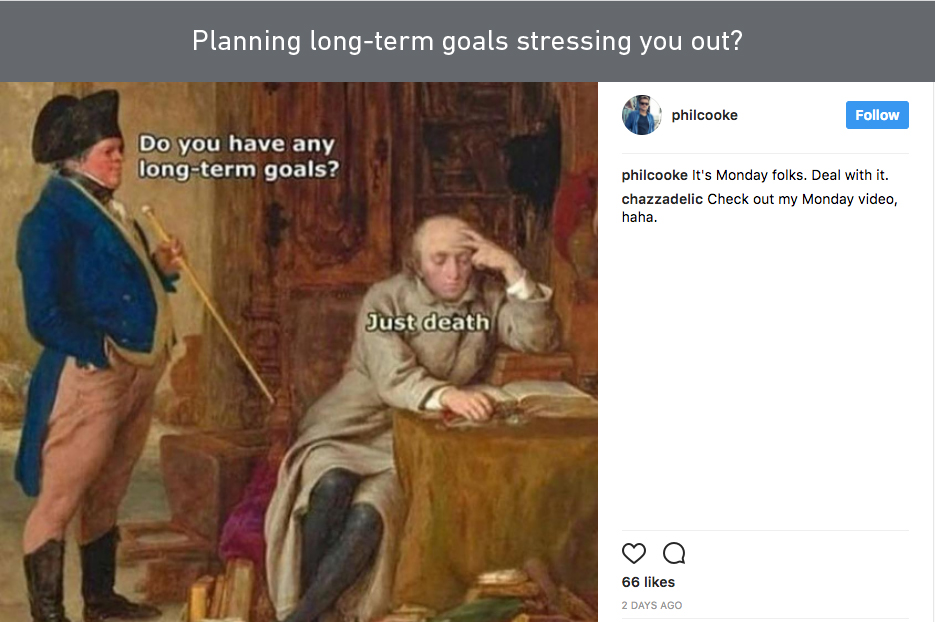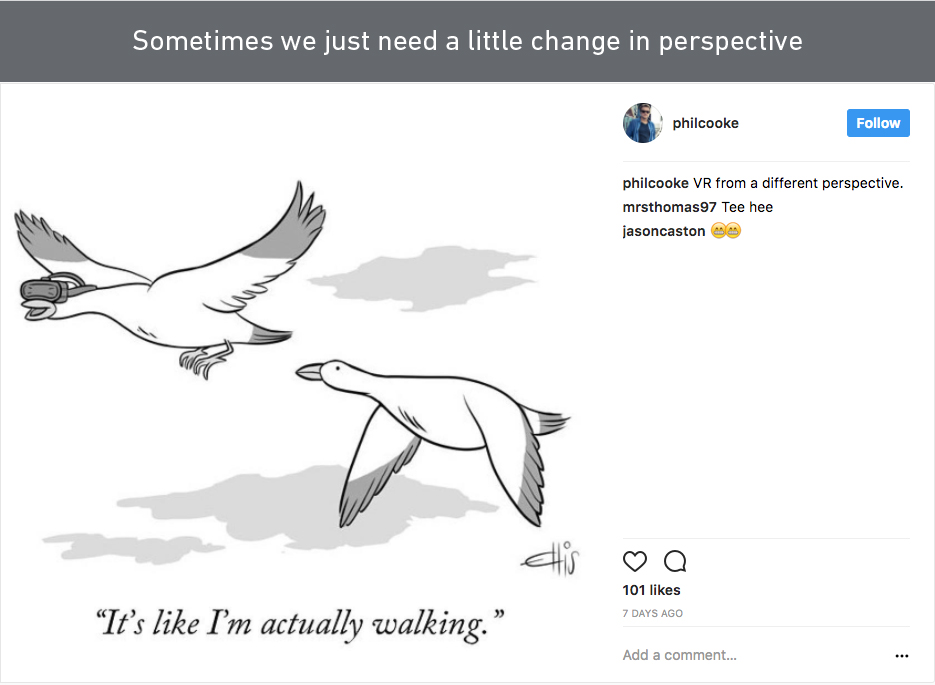Sometimes being a good leader means plotting your own course–and not being afraid to stay on it. I’ve loved watching and learning this from my larger-than-life friend, Phil Cooke.
[Tweet “Sometimes being a good leader means plotting your own course–and staying on it.”]
Phil and I have worked together for many years on multiple joint projects around the globe. He’s one of my go-to media gurus and has helped us with storytelling and innovating how we communicate with different audiences and cultures.

If you don’t already follow Phil, you should. He’s a trip, and I’m thrilled when I get the chance to catch up with him in real life. This guy is funny and fearless.
One of my favorite things about Phil is that he isn’t concerned about being politically correct because the Bible isn’t. He’s a risk-taker and sort of a counter-cultural Christian. One of his strategies is to use humor to keep himself or the matter he’s addressing on the proper plane, not letting us take ourselves or the matter at hand too seriously.
My biggest takeaways from being a friend and partner of Phil are:
1. Engage with culture, don’t run away from it, and don’t hide from it.

I admire Phil because he walks up to the issue of the hour and stares it down. Then he Tweets about it. He’ll use anything he can get his hands on to make us think–from creating videos to blogging and social media.
Phil has taught me that success comes not just from pursuing your vision, goals, or purpose, but from doing it in a strategic way, which factors in funding and business models to support where you want to go. I’ve often heard him say, “Having the greatest talent of all time matters little if you can’t share that talent with an audience.” We won’t be able to accomplish big goals if we don’t simultaneously consider how we are going to raise the funds to see it come to fruition.
2. As a Christian, you will offend people.

We all experience criticism. It’s not always easy to hear or accept, but it’s important to respond and navigate it humbly, and with an open mind. Phil wrote a great post reminding us that:
- not all critics are wrong and not all critics are right
- we need to be able to handle feedback from people we agree AND disagree with if we want to learn and grow
- we need to be willing to admit our mistakes
- don’t immediately react and jump into defending your thoughts and actions
3. You don’t have to be a jerk to get your point across.

Along with his immense talent in the areas of marketing, technology, understanding popular culture, and helping ministries with their PR, one of my favorite things about Phil is his sharp sense of humor and his ability to confront controversial issues with confidence regardless of any pushback he may receive. Phil is able to navigate and appreciate different ideas and cultures, while at the same time remaining steadfast in his core beliefs about Jesus. In many ways, Phil shapes culture instead of culture shaping him. It’s truly a gift to be able to hold beliefs very strongly, but at the same time be able to laugh about them as well. Phil has shown me that regardless of how difficult a situation appears to be, it could always be worse….

4. To reach more people, be whimsical, fun, and don’t take yourself or the subject too seriously.

Phil is a master at crafting valuable, memorable messages for any audience. He’s impacted how we develop our messages ensuring that we don’t change the Gospel to fit what people want. Instead, we learn about our audience to make sure we are presenting the truth of the Gospel in a way that makes sense culturally, generationally, and linguistically. In Matthew, Jesus reveals an important principle: “When he saw the crowds, he had compassion for them, because they were harassed and helpless, like sheep without a shepherd.” Jesus focused on the people. Before He gave them what they actually needed (the message of eternal life), He gave them what they wanted. Culture pushes us to spend most of our time on our message, building programs and finding solutions to problems. At the end of the day, we want to make ministry tools focused on the people we seek to serve–meeting their spiritual needs. Otherwise, we are making this more about us than about them.




